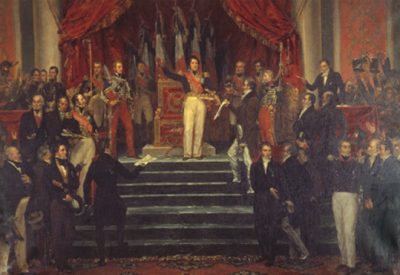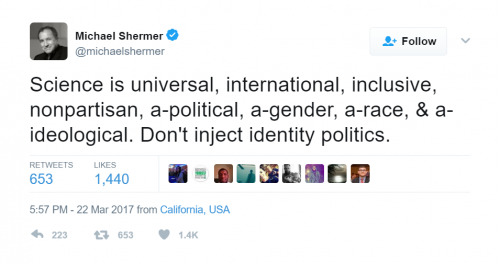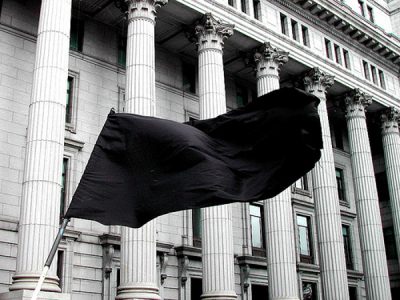 In late September the social news networking site ‘Reddit’ announced a revamp of their ‘quarantine’ function. A policy that has been in place for almost three years now, quarantines were designed to stop casual Redditors from accessing offensive and gruesome subreddits (topic based communities within the site), without banning these channels outright. In doing so the function impacted a small number of small subreddits and received little attention. The revamp of the quarantine function however has led to the policy applying to much larger subreddits, creating significant controversy. As an attempt to shape the affordances of the site, the revamped quarantine function highlights many of political and architectural issues that Reddit is facing in today’s current political climate.
In late September the social news networking site ‘Reddit’ announced a revamp of their ‘quarantine’ function. A policy that has been in place for almost three years now, quarantines were designed to stop casual Redditors from accessing offensive and gruesome subreddits (topic based communities within the site), without banning these channels outright. In doing so the function impacted a small number of small subreddits and received little attention. The revamp of the quarantine function however has led to the policy applying to much larger subreddits, creating significant controversy. As an attempt to shape the affordances of the site, the revamped quarantine function highlights many of political and architectural issues that Reddit is facing in today’s current political climate.
As a platform, Reddit sits in a frequently uncomfortable position. Reddit was initially established as a haven for free speech, a place in which anything and everything could and should be discussed. When, for example, discussion about #gamergate, the controversy in 2014 over the ethics of the gaming industry that resulted in a number of high-profile women game designers and journalists being publicly harassed, was banned on the often more insidious 4chan, it was Reddit where discussion continued to flourish. However, in recent years, Reddit has come under increasing pressure due to this free for all policy. Reddit has been blamed for fueling misogyny, facilitating online abuse, and even leading to the misidentification of suspects in the aftermath of the Boston Marathon Bombings.
Reddit announced the revamp of its quarantining policy via a long post on the subreddit r/announcements. In doing so, one of Reddit’s moderators u/landoflobsters highlighted the bind that Reddit faces. They said: more...










